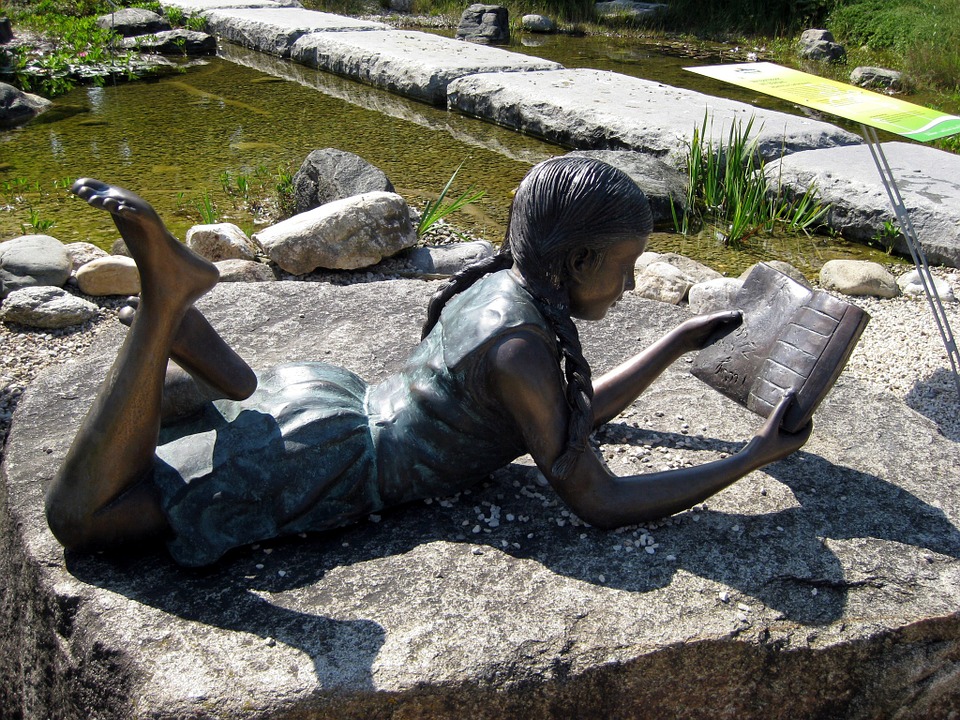


Today is my mother’s birthday. She died when I was in high school. When I do the math on how long it’s been since I’ve be in her physical presence, it makes my head spin: more than half my life. Those major life milestones we mark off our life to do lists, like graduations, weddings, and the like, my own mother was not physically present for. Grief comes like a tsunami at the sheer volume of weight that carries. Secondary waves of grief come to me now as I struggle to remember things about her: what her laugh sounded like, what her hands and feet looked like, what her handwriting looked like, those daily interactions between a mother and her daughter.
There is the omnipresent temptation to remain quite angry with this. Why me? Why don’t I get to have my mother? I manage this by giving myself an allotted time to feel this way, and then I force myself to also remember things about her I am grateful for.
So here goes.
When I was little, I thought that my mother was the most beautiful woman I had ever seen. She was a lady in all the most usual descriptions: feminine, soft, and rarely raised her voice. She wore her long hair up in a bun most of the time and I can remember looking forward to her taking a nap because I would take all the bobby pins out of her hair so I could play in it. Her skin was a flawless, caramel-blush hue and her smile lit up whatever space she occupied. On those occasions when my father can talk about her, he delights in reminding me how much I “bugged her to death” with all of my questions, questions she always indulged. She encouraged my inquisitive nature.
Most of my earliest childhood memories swirl around a single pivotal event: my mother teaching me how to read and write. It was somewhere between my second and third year when my mother began our evening reading rituals, and I looked forward to her reading stories to me at night: Br’er Rabbit, the Brothers Grimm, Aesop’s Fables, the Adventures of Dick and Jane. In all of my books, she would carefully color all the illustrations of children brown so they would look more like me. I didn’t think anything of it at the time, but I appreciate those efforts so much now. At the time I was more concerned with the rush of exhilaration I felt even at that young age, the feeling that I was accomplishing something, and more than that, it made my mother happy that I was. Under the watchful, patient eye of my mother, I began a love affair with words…a love that has endured and burned brightly my entire life. My mother was pregnant with my brother while she was teaching me how to read, and once he was born she encouraged me to read to him. I was more than glad to. In retrospect, I see the genius of her agenda: it helped prepare me for the intrusion of a sibling into our household and it also occupied my time. After I got over the initial resentment and trauma of having to share my parents, I began to read to my brother after he was born. As he grew older, my mother taught him as she had taught me and encouraged me to help him learn his letters and numbers. My mother got me magazine subscriptions to children’s magazines like “Highlights” and I started reading everything in the house from the dictionary to the Childcraft and World Book encyclopedias to my father’s black power books.
My parents were determined that my brother and I would receive a good education. The one thing they didn’t do was leave educating us up to our respective school district. They got involved. What a blessing! Once I started kindergarten, my mother would still read with me. In my world, it was not only normative to see my mother at my school volunteering her time, but also sitting in on my classes. She would read with me at the library at school, and she also exposed me to the public library. I had my first library card when I was eight years old. I still remember the shock on the face of the librarian when she saw a little brown girl who knew how to use the card catalog and the only help I needed was a chair to reach the top drawers. My mother would check out books with me to read over the summer months. The summer of my tenth year she presented me with Alex Haley’s Roots. I could barely lift it, and I didn’t think I would be able to finish a book of that size. However, to this day, I remember how engrossed I became in the story of Kunta Kinte. It was the most powerful thing I’d ever read up until that point, and I was deeply affected by it.
My mother’s influence is evident in most of my achievements, academic and otherwise. I won spelling bees at school, I attended an academically intensive high school, and I’ve earned a Bachelor of Arts, a Master of Divinity, and a Master of Arts in Religion. My ‘first’ career was in the television news business, where I spent many years writing news stories for air as an associate and eventually a news promotions producer. And I am still writing.
If you have endured the death of a parent, you might feel like that part of your life when your parent was alive seems more like a dream than reality. Sometimes the pain of forgetting someone you love is just as sharp and just as acute as the severing you felt in that moment you learned the awful news that their spirit has left their body. But every time I pick up a book, or open a new document on my mac, I am reminded that my mother was my first teacher, and for that, I am grateful. I will always feel her fingerprints on my soul.